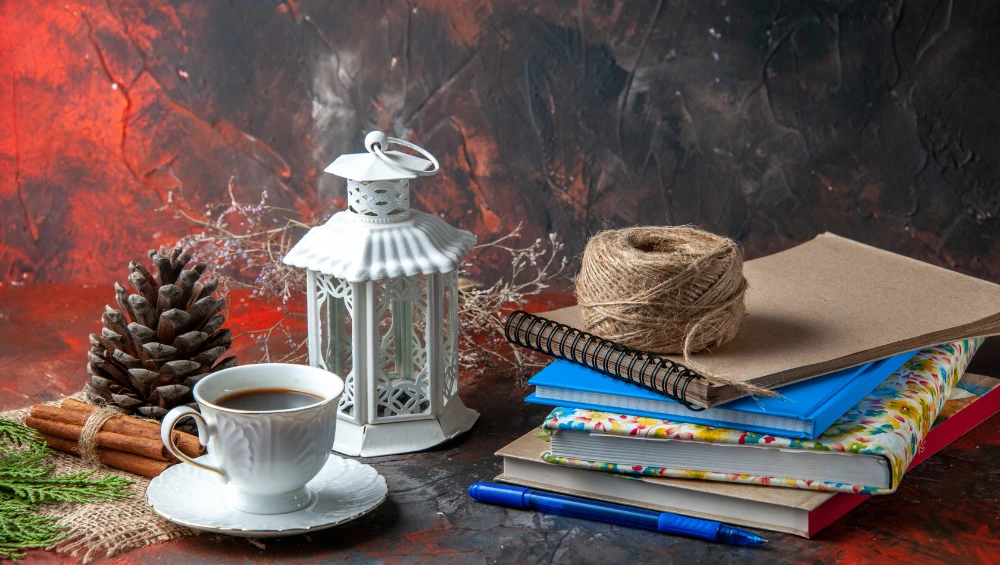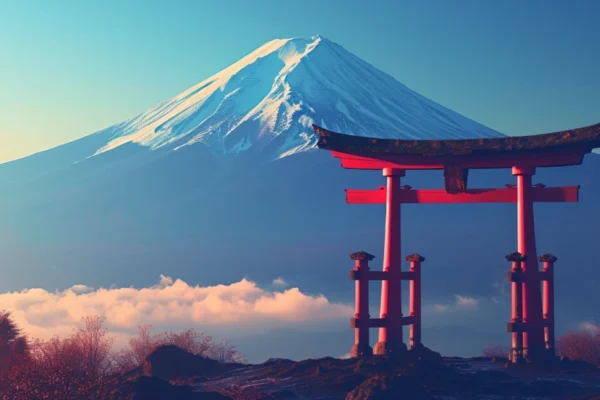Ever heard someone say “yalla choy” and wondered what they meant? This catchy phrase is taking social media by storm! With over 2.3 million posts tagged #yallachoy on Instagram alone, this simple tea invitation has become a global phenomenon.
But what does it actually mean? And why are influencers like Dina Tokio and Noor Stars using it in their content? Let’s dive into this viral expression that’s bringing tea lovers together worldwide.
What Does “Yalla Choy” Mean?
The yalla choy meaning comes from two different languages mixed together. “Yalla” is Arabic for “come on” or “let’s go.” And “choy” means “tea” in Persian and Turkish languages. So when someone says “yalla choy,” they’re basically saying “come on, let’s have tea!”
But it’s not just about the literal translation. The cultural nuance runs deeper than that. In Middle Eastern and Persian cultures, tea isn’t just a drink – it’s a social ritual. When Googoosh or other Iranian singers mention tea in their lyrics, they’re talking about connection and warmth.
The phrase captures that friendly, welcoming vibe. It’s like saying, “Hey friend, tea’s ready!” But with more cultural flavor. And that’s exactly why it resonates with so many people online.
Where and How Is “Yalla Choy” Used Online?
Social media platforms are buzzing with yalla choy content. Instagram stories show friends at Tehran teahouses using the hashtag. TikTok videos feature café meetups in Dubai tea lounges with #yallachoy trending. YouTube vlogs showcase traditional tea ceremonies in Istanbul çay evi with creators saying “yalla choy” to their viewers.
Popular posts include café reviews tagged with yalla choy hashtag. Food bloggers visit Beirut waterfront cafés and caption their posts with the phrase. Even major influencers like Lojain Omran share tea moments using this viral expression.
This trend has exploded across platforms. Content creators film tea unboxing videos with Ahmad Tea or Twinings UAE products. They invite followers to virtual tea sessions. And café owners put “yalla choy” on signboards to attract customers who recognize the meme.
When Do People Say “Yalla Choy”?
People use this in specific social situations. After-school chat sessions between friends. Post-prayer tea gatherings during Ramadan iftar. College study tea breaks when students need caffeine and conversation. The phrase fits perfectly into these moments.
The emotional tone is always friendly and casual. It’s not formal like a dinner invitation. Instead, it’s more like “Hey, want some tea?” But with cultural warmth added in. When Ahmed Helmy uses similar expressions in Egyptian films, he captures that same welcoming spirit.
Office tea breaks become special with yalla choy. Neighborhood tea meet-ups feel more connected. Even wedding tea ceremonies gain extra meaning when hosts say “yalla choy” to guests. The phrase builds instant bonds between people who share tea culture.
How Can You Use “Yalla Choy” in Your Content or Brand?
Content creators can incorporate yalla choy into their strategies easily. Food bloggers can start tea-related posts with “yalla choy, let’s chat about this amazing cardamom tea!” Lifestyle influencers can use it for cozy content featuring traditional teapots and glass tea cups.
Café owners are already catching on. Tea & Co in Dubai features yalla choy on their menus. Fictional chains like Café Yalla could build entire brands around this concept. Merch opportunities include yalla choy mugs, shirts, and wooden tea trays with the phrase.
Social media content works great with this phrase. Instagram tea reels showing saffron tea preparation. YouTube tea livestreams starting with “yalla choy, everyone!” TikTok challenges featuring different tea types, from loose-leaf tea to mint tea. The possibilities are endless for creative content.
Why “Yalla Choy” Resonates Culturally and Socially
Tea holds deep significance in Middle Eastern and Persian social life. From Shiraz bazaar tea stalls to Moroccan tea salons, the drink connects communities. Traditional samovars in Central Asian chaikans serve the same purpose, bringing people together.
The language mixing makes this special. Arabic “yalla” plus Persian “choy” creates something new yet familiar. It represents how cultures blend in our connected world. Musicians like Sami Yusuf understand this cultural fusion in their work.
Building community through shared tea rituals is ancient wisdom. But this gives it a modern appeal. Whether you’re using Turkish çay bardağı glasses or honey stirrers with your black tea, the phrase adds warmth to any tea moment. It transforms simple tea breaks into meaningful connections.
Final Thoughts
It has evolved from a simple tea invitation into a cultural phenomenon. The phrase perfectly captures the welcoming spirit of Middle Eastern hospitality while fitting naturally into modern social media culture. From Tehran teahouses to Abu Dhabi souk tea stalls, this expression brings people together over shared love of tea.





